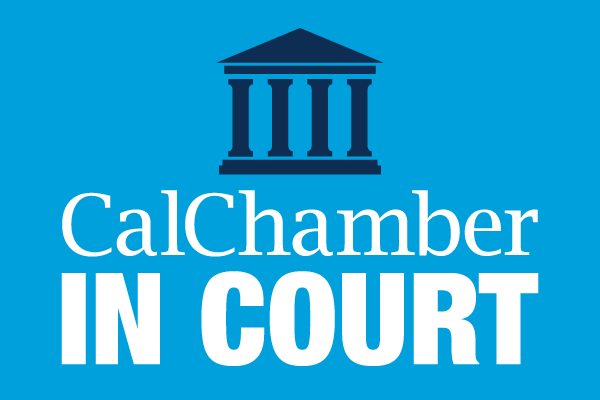 The California Chamber of Commerce joined a coalition of grocers, retailers, beverage distributors and restaurant owners last week in a lawsuit filed in Sacramento County Superior Court to halt an illegal tax on beverages that narrowly succeeded via a Santa Cruz ballot measure in November.
The California Chamber of Commerce joined a coalition of grocers, retailers, beverage distributors and restaurant owners last week in a lawsuit filed in Sacramento County Superior Court to halt an illegal tax on beverages that narrowly succeeded via a Santa Cruz ballot measure in November.
The lawsuit, filed on May 28, asks the court to declare the 2-cent-per-ounce tax unenforceable and order the city to refund all money collected from taxpayers. The measure clearly violates the statewide “Keep Groceries Affordable Act,” approved by the state legislature and signed into law in 2018, the lawsuit asserts.
Plaintiffs in the lawsuit besides the CalChamber are the American Beverage Association, California Hispanic Chambers of Commerce, California Alliance of Family-Owned Businesses, California Fuels and Convenience Alliance and the California Grocers Association.
The 2018 law bans cities and towns from enacting local taxes on groceries, including beverages, and ensures working families are not hit with punishing regressive taxes on their everyday groceries. Polls have shown more than 70% of Californians support the law.
The Santa Cruz City Council recognized that moving forward with the beverage tax would violate the text of the Keep Groceries Affordable Act and be challenged in court. Nevertheless, the council moved ahead and placed the beverage tax proposal on the city’s November 2024 ballot as Measure Z.
“Santa Cruz leaders sold their constituents a fatally flawed tax scheme in Measure Z, one that is not only illegal but also regressive in that it will impact working class families the hardest while increasing the cost of living for all Santa Cruz residents and jeopardizing the well-being of local businesses,” said CalChamber President and CEO Jennifer Barrera in a statement.
Many Santa Cruz residents and businesses opposed the tax and joined the Coalition to Keep Santa Cruz Affordable, warning that the tax would hurt working families, the local economy and jobs. The coalition warned that the tax is especially harmful to lower-income families because it places a larger share of the tax burden on those who can least afford it.
Contrary to claims from supporters, several studies have found beverage taxes do not improve public health

